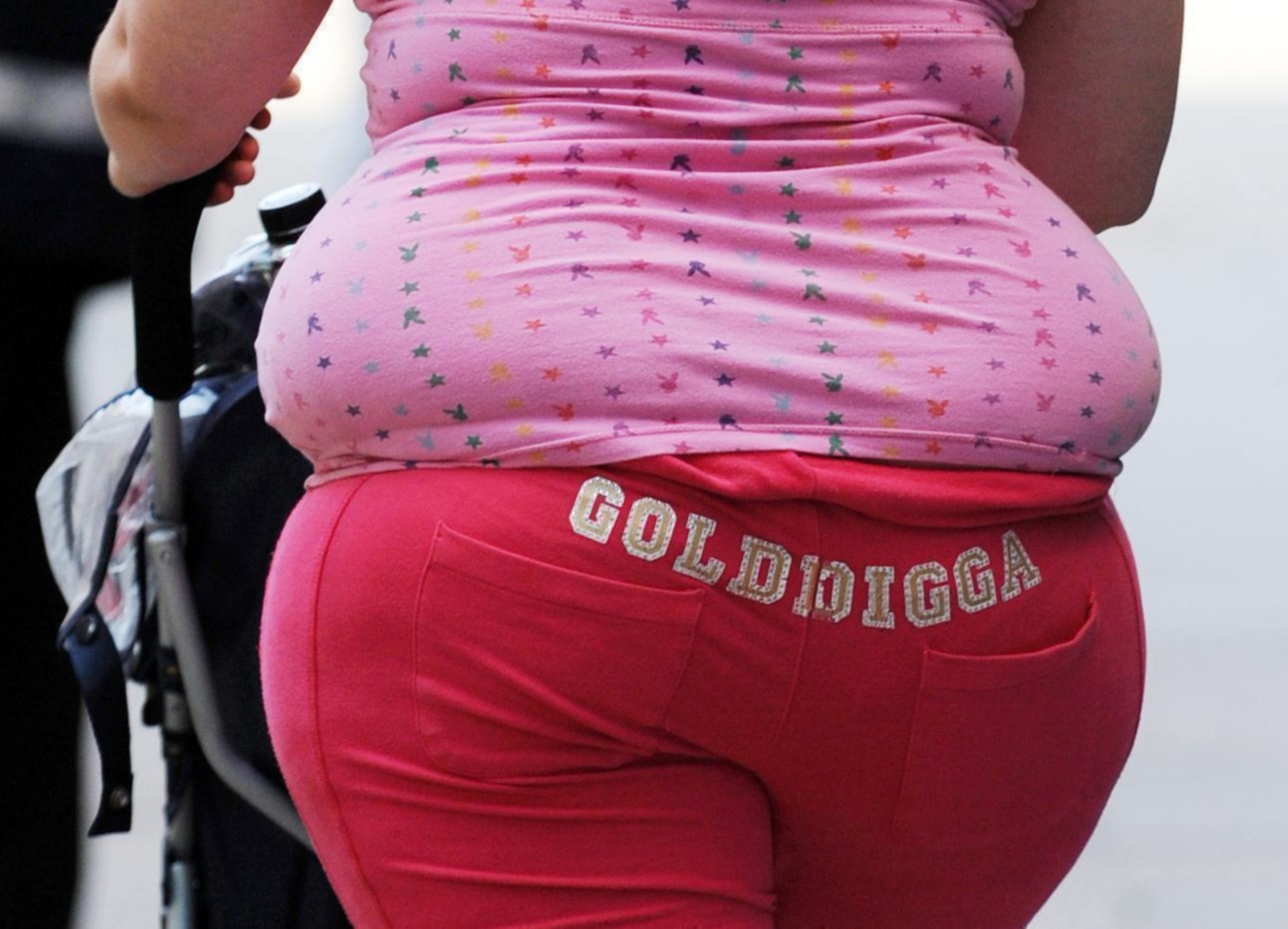A third of Scottish adolescents eat sweets every day according to a study led by the University of St Andrews.
The research, which is part of a World Health Organisation (WHO) report into childhood obesity, found that young Scots were eating more sweets than their UK counterparts but drinking less fizzy juice than they did 15 years ago.
Dr Jo Inchley, who is the assistant director of the university’s Child and Adolescent Health Research Unit, said: “Within the UK, we found an overall decline in the consumption of sweets and sugary soft drinks, which is encouraging, but a third of Scottish adolescents still eat sweets or chocolates every day, compared to a quarter of adolescents in England and Wales.
“The reductions in consumption of sugary drinks among young people in Scotland is good news, however further action is required to reduce their sugar intake, particularly in light of the wide range of sugar-sweetened drinks now available and actively marketed to children and adolescents.”
The international study, which examined the behaviours of young people across Europe between 2002 and 2014, also found that adolescent Scots were taking part in more vigorous activity.
A meeting will be held in Portugal to discuss the findings.
Researchers also revealed persisting inequalities and a rise in obesity among young people in Europe, particularly Eastern Europe.
On average, four per cent of adolescents are obese which equates to more than 1.4 million young people across Europe.
While the recommended level of daily physical activity remains stubbornly low in most European countries, recent increases in vigorous physical activity among Scottish adolescents suggest that more young people may be taking part in sport in their free time.
Dr Inchley added: “These increases have occurred among girls as well as boys, reducing the gender gap in participation. Inequalities still persist, however, with lower levels of participation among young people from less affluent backgrounds.”
According to the WHO report, younger adolescents, boys and those living in families affected by deprivation are more likely to be obese.
The study also found that, as they get older, young people eat less fruit and vegetables, suggesting that as they gain greater independence and autonomy over their eating behaviour adolescents are less likely to make healthy choices.
Other findings included girls reporting healthier eating habits, but sharp increases in computer use.
The study’s authors said given the large cohort of obese children in many countries by the age of 11, early intervention is vital.
Dr Zsuzsanna Jakab, WHO regional director for Europe, said: “Despite sustained efforts to tackle childhood obesity, one in three adolescents is still estimated to be overweight or obese in Europe, with the highest rates found in southern European and Mediterranean countries.
“What is of particular concern is that the epidemic is on the rise in eastern European countries, where historically rates have been lower.
“Ambitious policy action is required. Governments must target efforts and break this harmful cycle from childhood into adolescence and beyond.”










